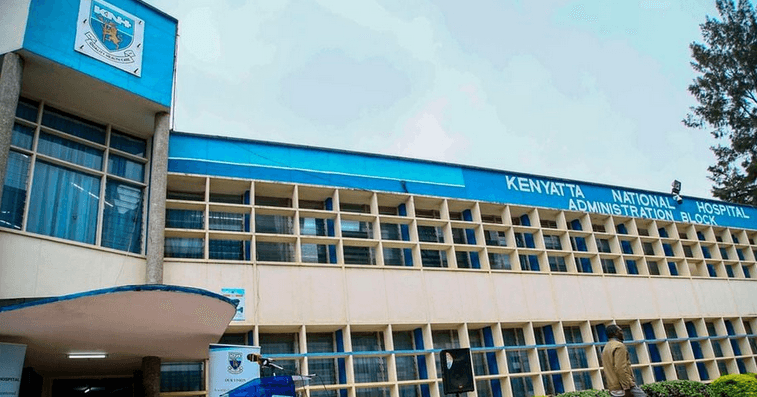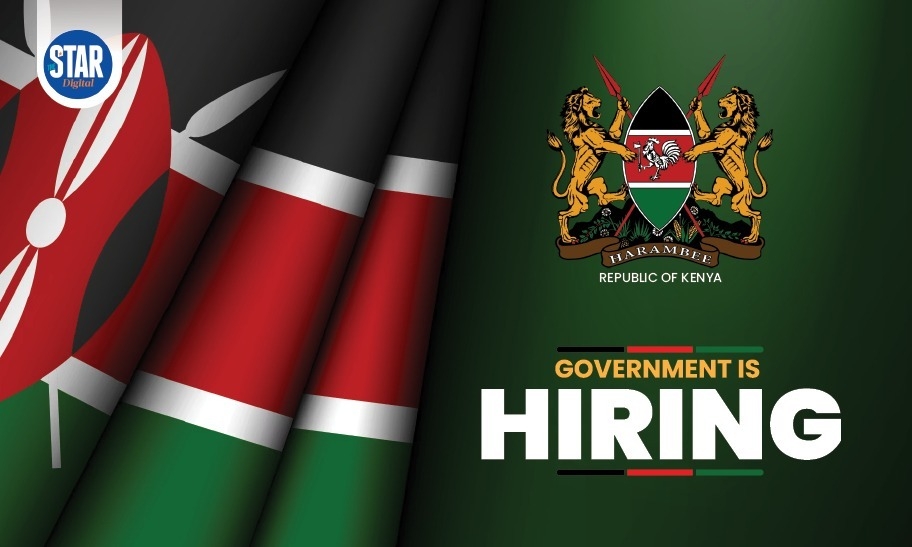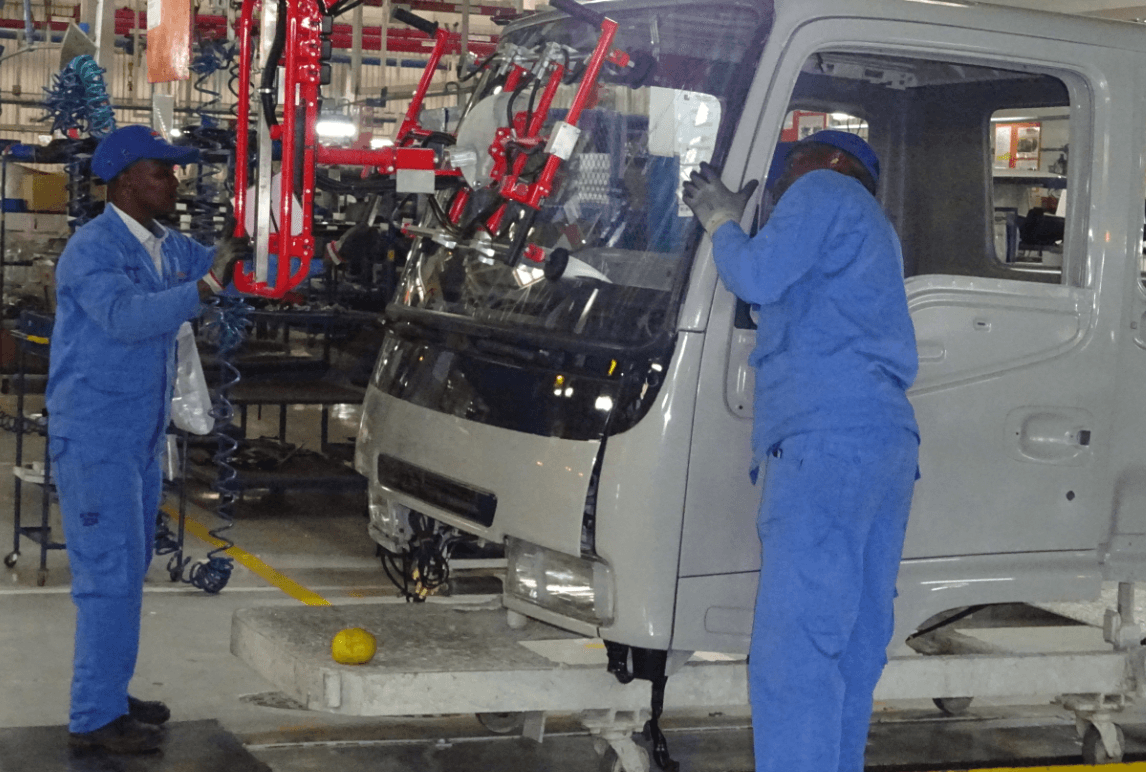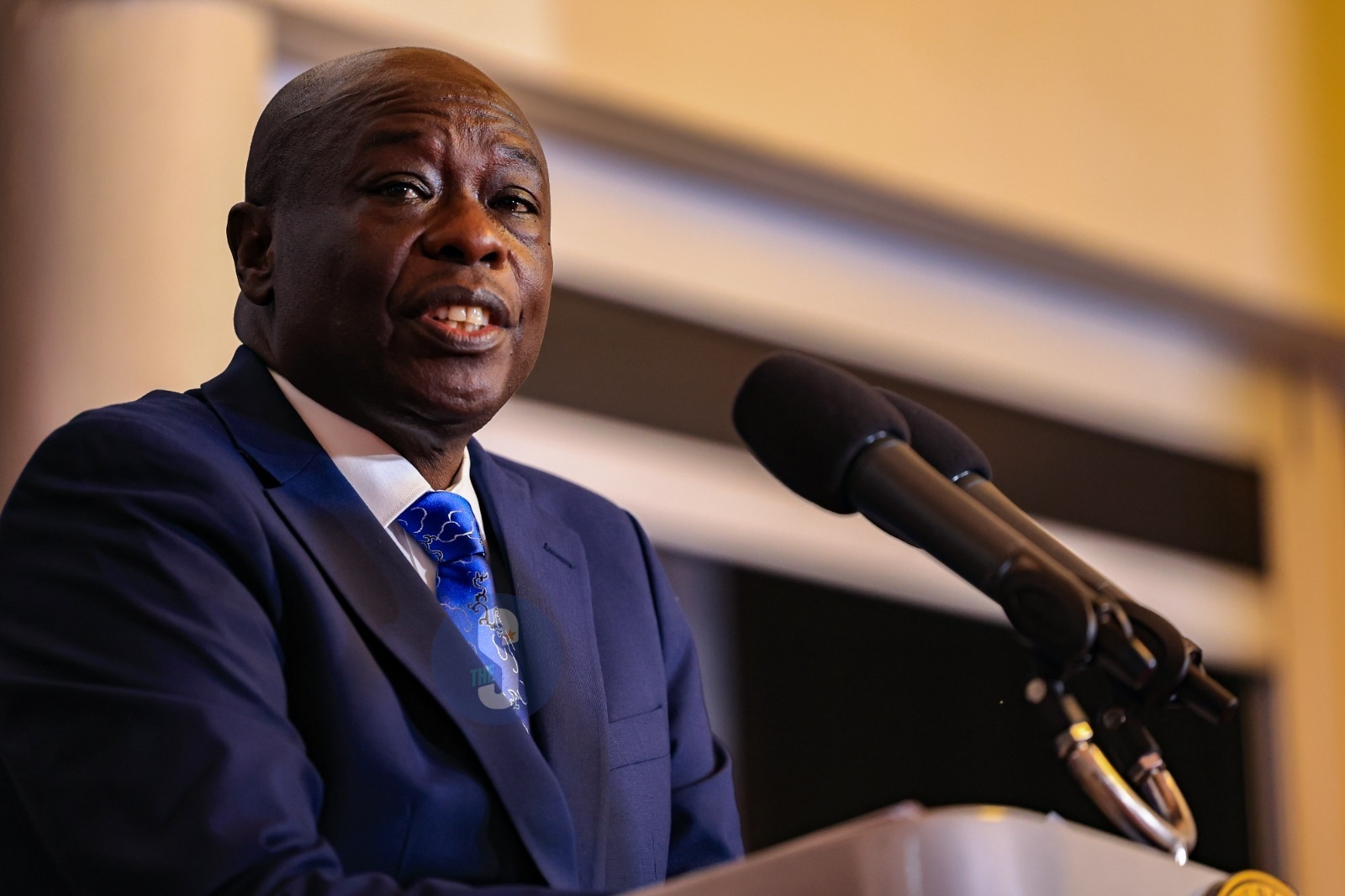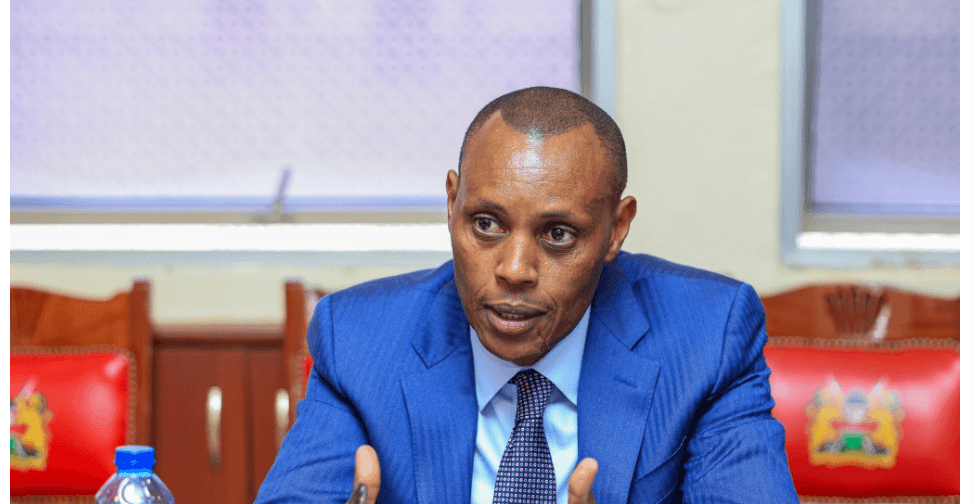President William Ruto’s administration is seeking to open the business of operating trains and railway lines to private investors.
Kenya Railways could also soon be allowed to borrow loans and use the facility as well as its assets as security for the financing.
In a proposed dispensation, the railway network would be opened up to private individuals, unlike the current situation where it is strictly used by Kenya Railways.
A Railway Regulatory Authority proposed in the draft Railways Bill, 2024, would issue railway operating licenses to any person wishing to operate rolling stock on the Kenya Railways network.
Licenses would be available for persons wishing to offer long-distance passenger services for long-haul or intercity journeys.
The government is further seeking to allow investors to carry passengers in urban and suburban areas using the rail network.
Licenses would also be issued for freight services and infrastructure management, such as managing the KR network.
“The corporation shall levy and collect such infrastructure access charges as it determines on train operators using capacity on the Kenya railways network,” the Bill reads.
As per the proposed law, private individuals would also be allowed to construct railway lines once they obtain the approval of the authority.
“The authority may approve if it considers that the location of the railway line is reasonable, taking into consideration requirements for railway operations and services and the interests of the persons likely to be affected by the railway line.”
Private railway lines would also be licensed to carry passengers on long distances, in intercity and urban areas as well as offer freight services.
Kenya Kwanza administration has plans for a railway city, which is among the reasons Marikiti traders face eviction.
The authority, should MPs enact the law, would also register train operators and infrastructure managers, check on safety and inspect installations and licensing.
“A person shall not operate rolling stock (railway vehicle or equipment) on the Kenya Railway network without a railway operating license granted by the authority,” the proposed law reads.
The authority, which would be under a director general appointed by the Cabinet Secretary, is to among other functions set prices for railway services.
On borrowing, the bill approved by Cabinet recently details that the corporation would be allowed to use its assets to take credit locally and abroad.
The draft Railways Bill, 2024 allows Kenya Railways to borrow money required for its functions and for undertaking its obligations.
This would, however, be with the approval of the Treasury Cabinet Secretary and in line with the Public Finance Management Act, 2012.
The CS would be empowered to impose limitations to the much that Kenya Railways would be able to borrow in the new dispensation.
“Such stock (loan stock) issued and such money borrowed or credit obtained, and all interest and other charges payable in respect of the such stock—money or credit—shall, unless the instrument or note evidencing or supporting such borrowing, otherwise be charged upon all the property, undertakings and revenue of the corporation by operation of this section and without further charge or instrument,” the Bill reads.
The development relives the debate which followed suspicion that critical assets were used to secure loans borrowed for mega projects including the standard gauge railway.
The government has since denied using assets like the Mombasa Port as collateral saying the loans are backed by government-to-government agreements.
The proposed law, however, says railway assets would be shielded from being used as security for any other borrowing by the government.
“Except as provided in this section, the corporation shall not give or execute any mortgage or charge over any of its property or assign the property or assign its property by way of security for borrowed money,” the draft law reads.
The proposed law sets a life sentence for persons who obstruct a train, interfere with control systems, and vandalise railway installations.
The Bill also proposes hefty penalties for forging a train ticket, travelling without one, or quoting the wrong price to a traveller.
Private players would also be able to undertake Kenya Railways functions as the proposed law says KR “may assign all or part of its functions to any other person through a concession agreement or management contract.”
KR board would comprise a chair appointed by the president, Treasury CS, PS for transport, managing directors Kenya Railways and Kenya Ports Authority, and six employees of the corporation appointed by the Transport Cabinet Secretary.



